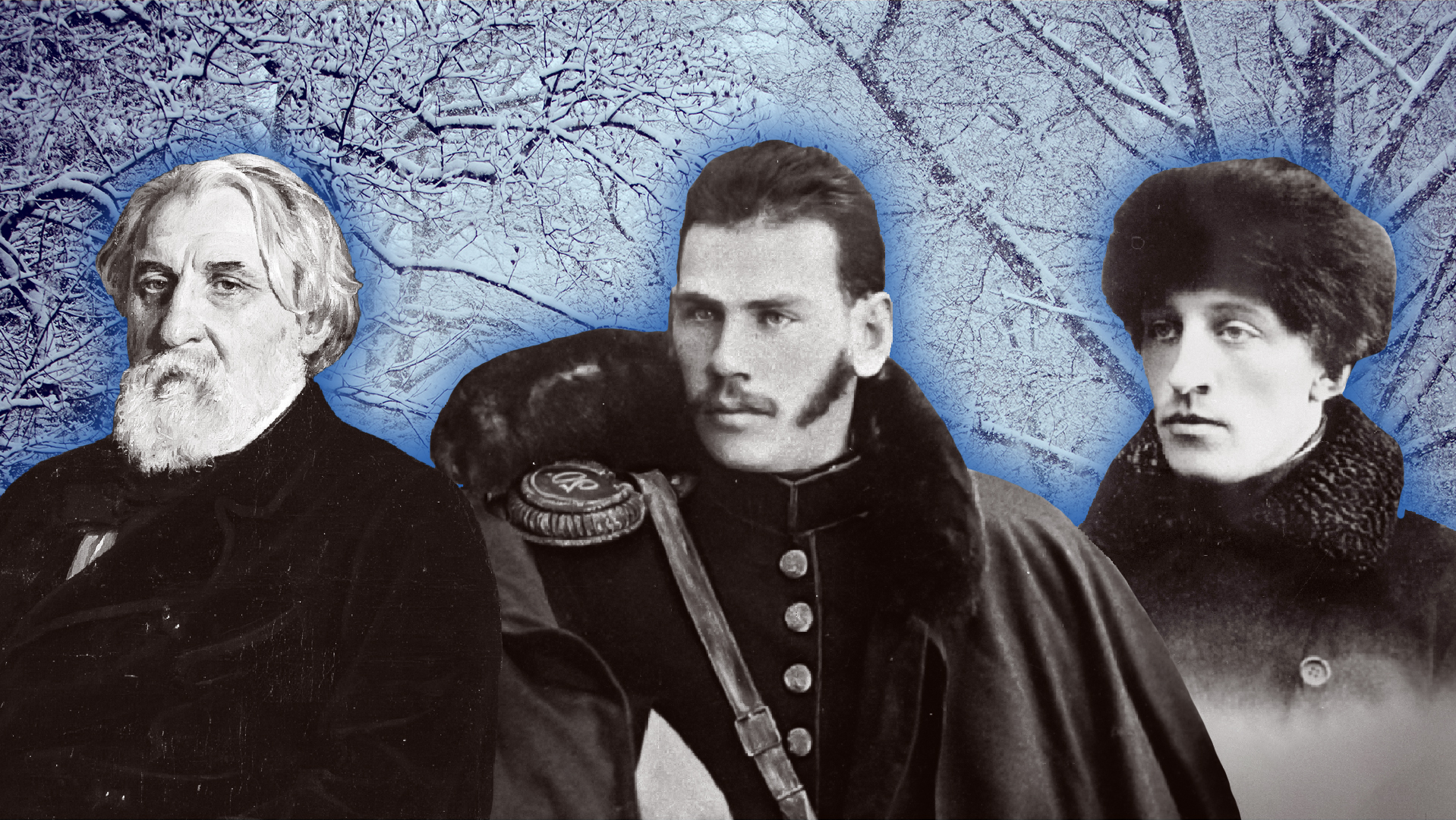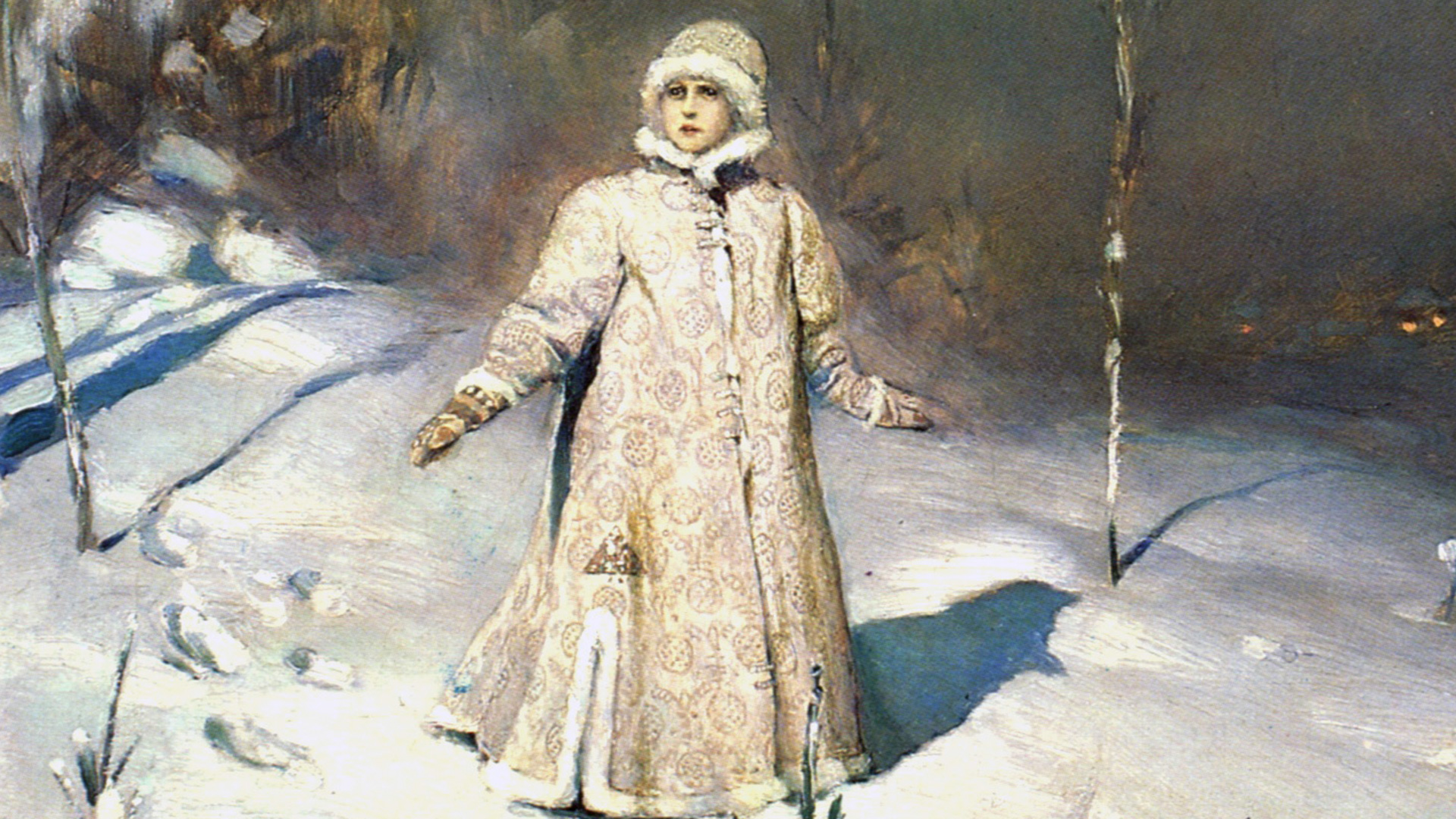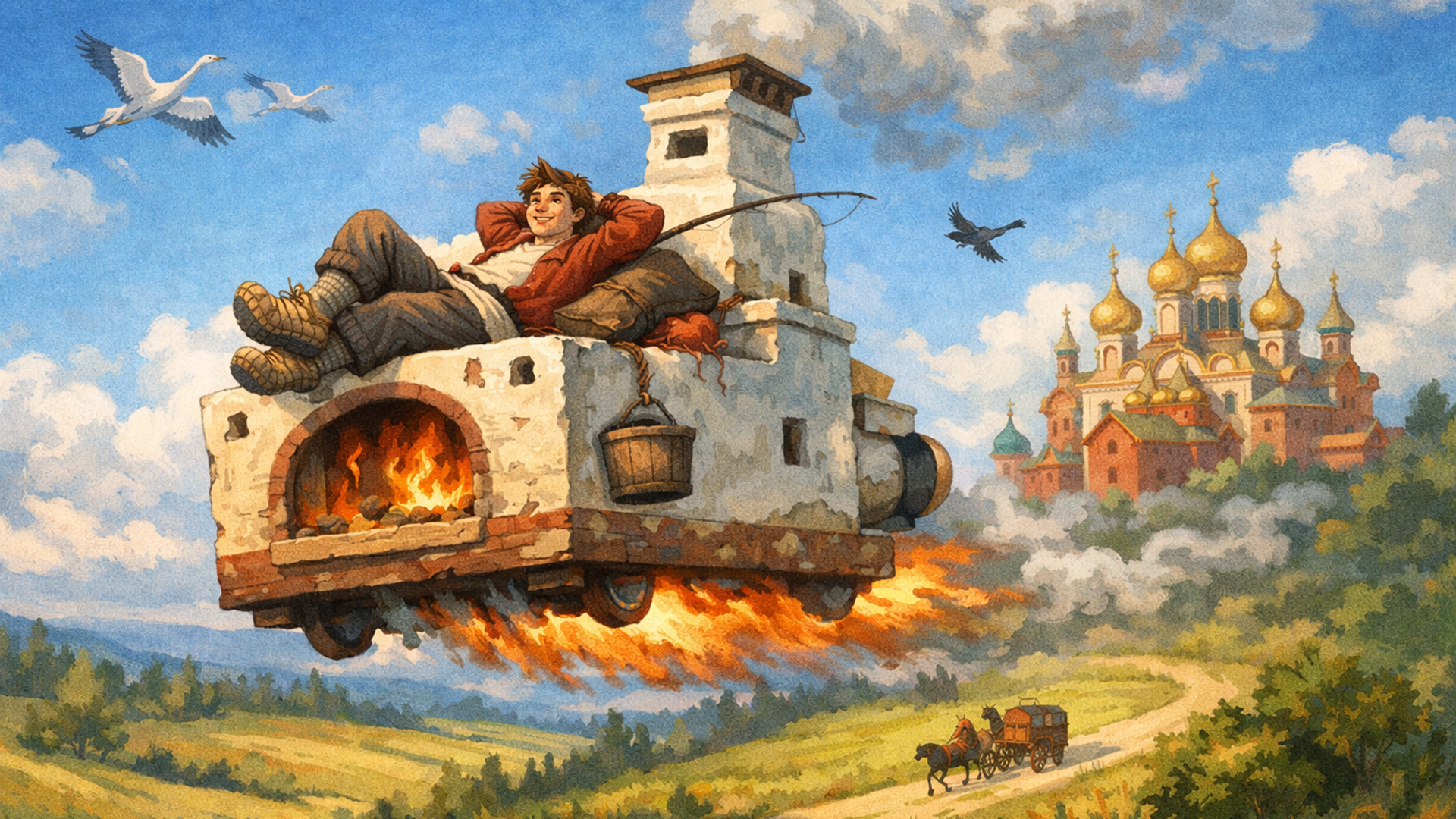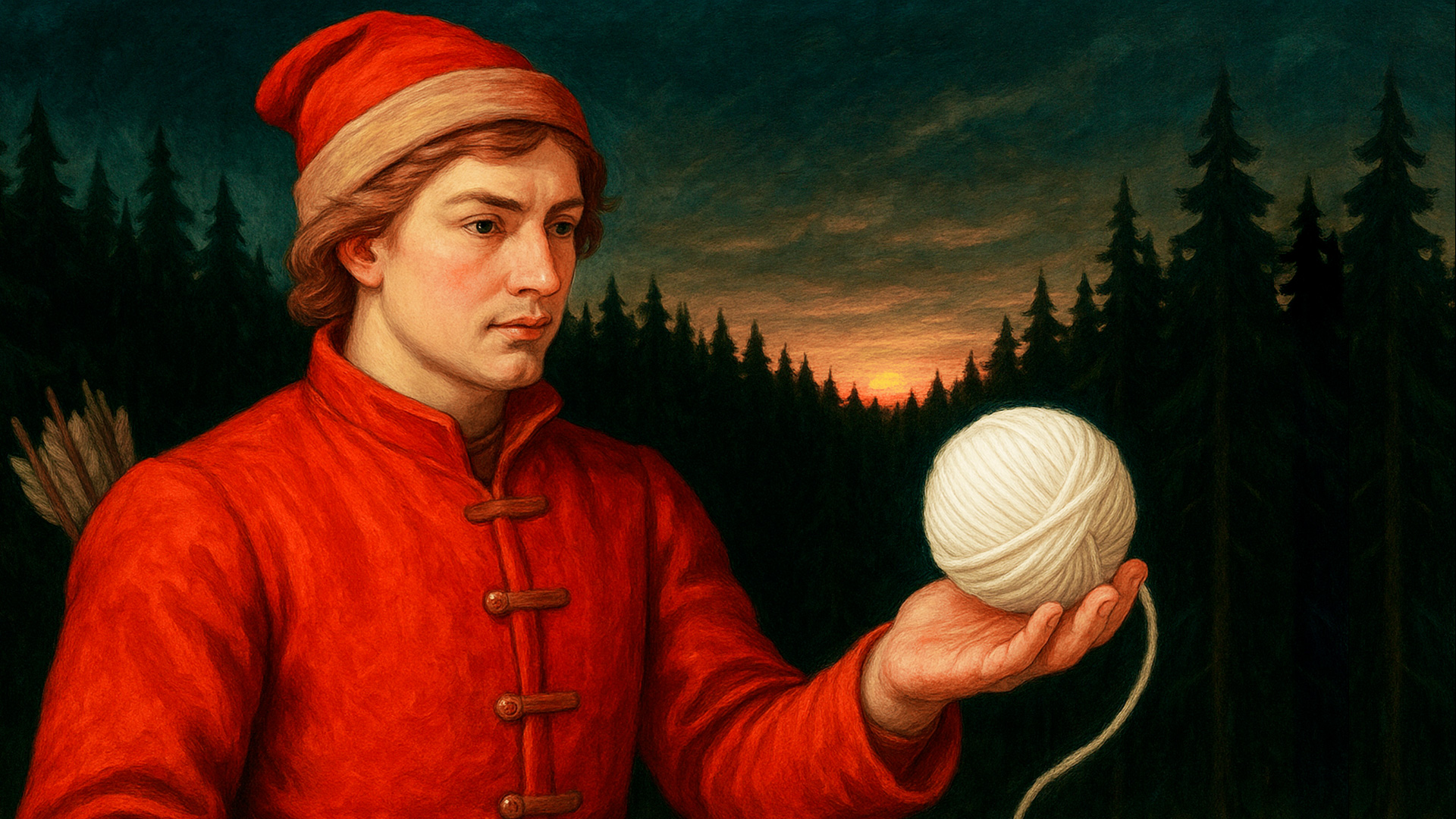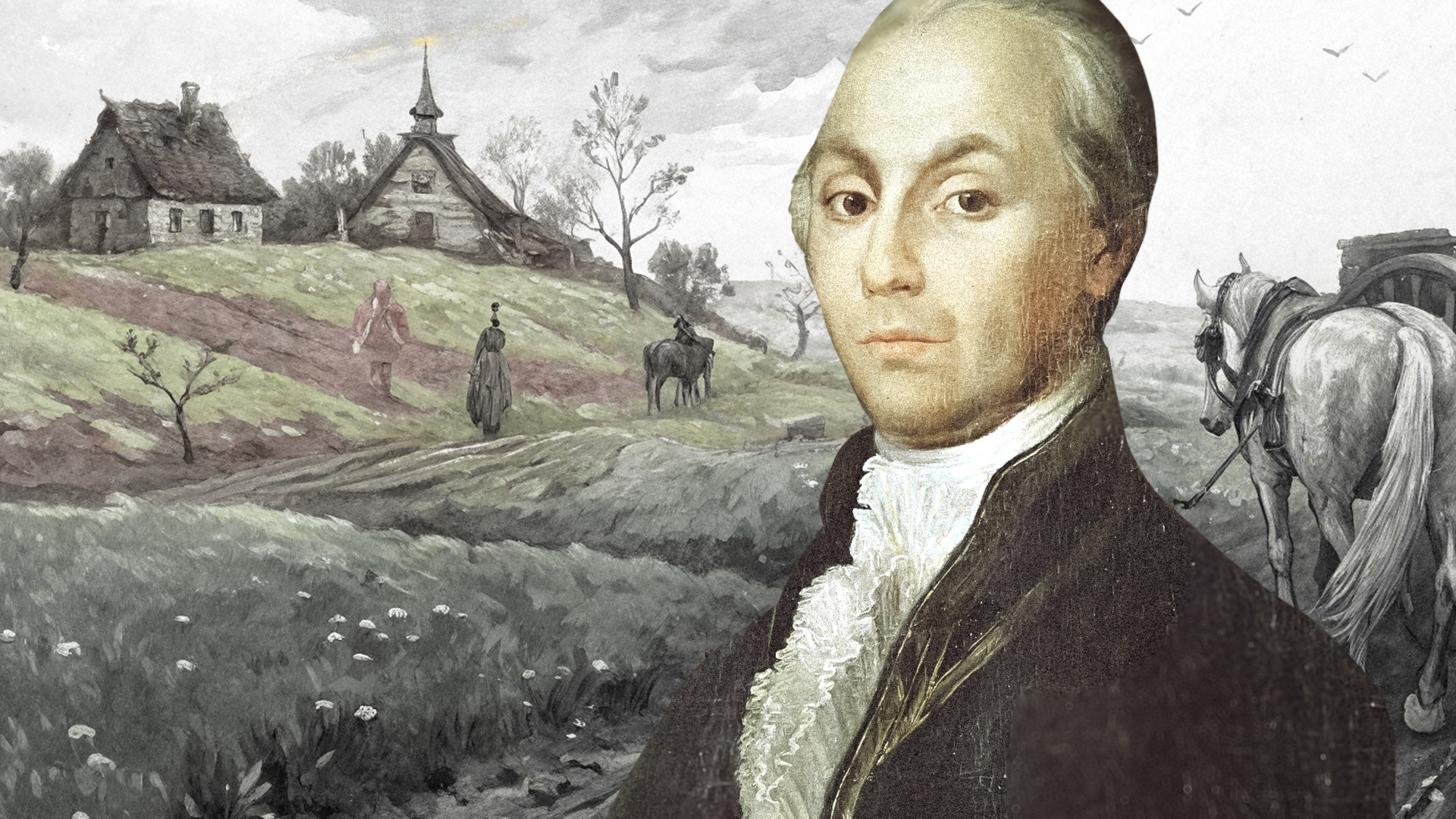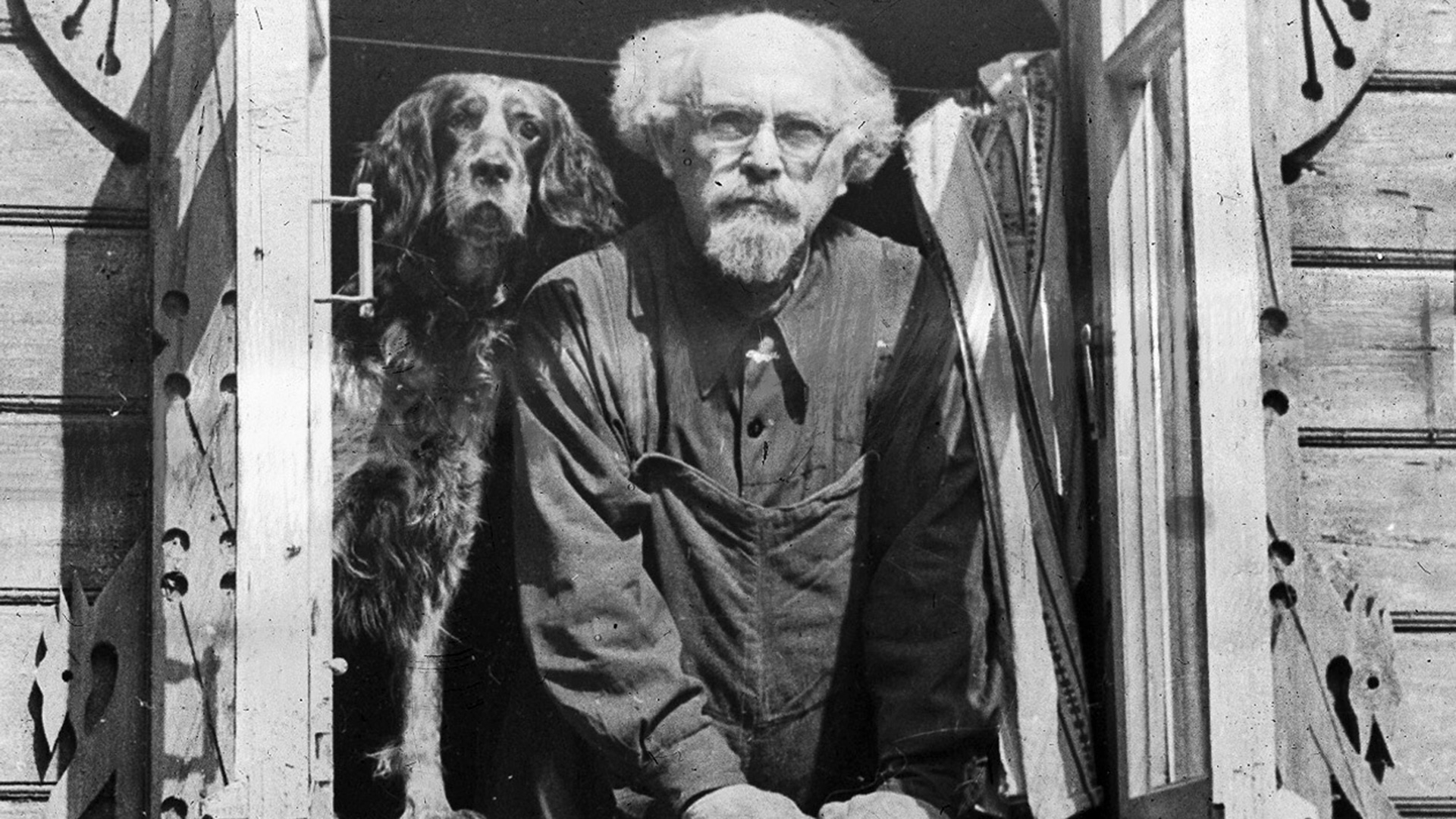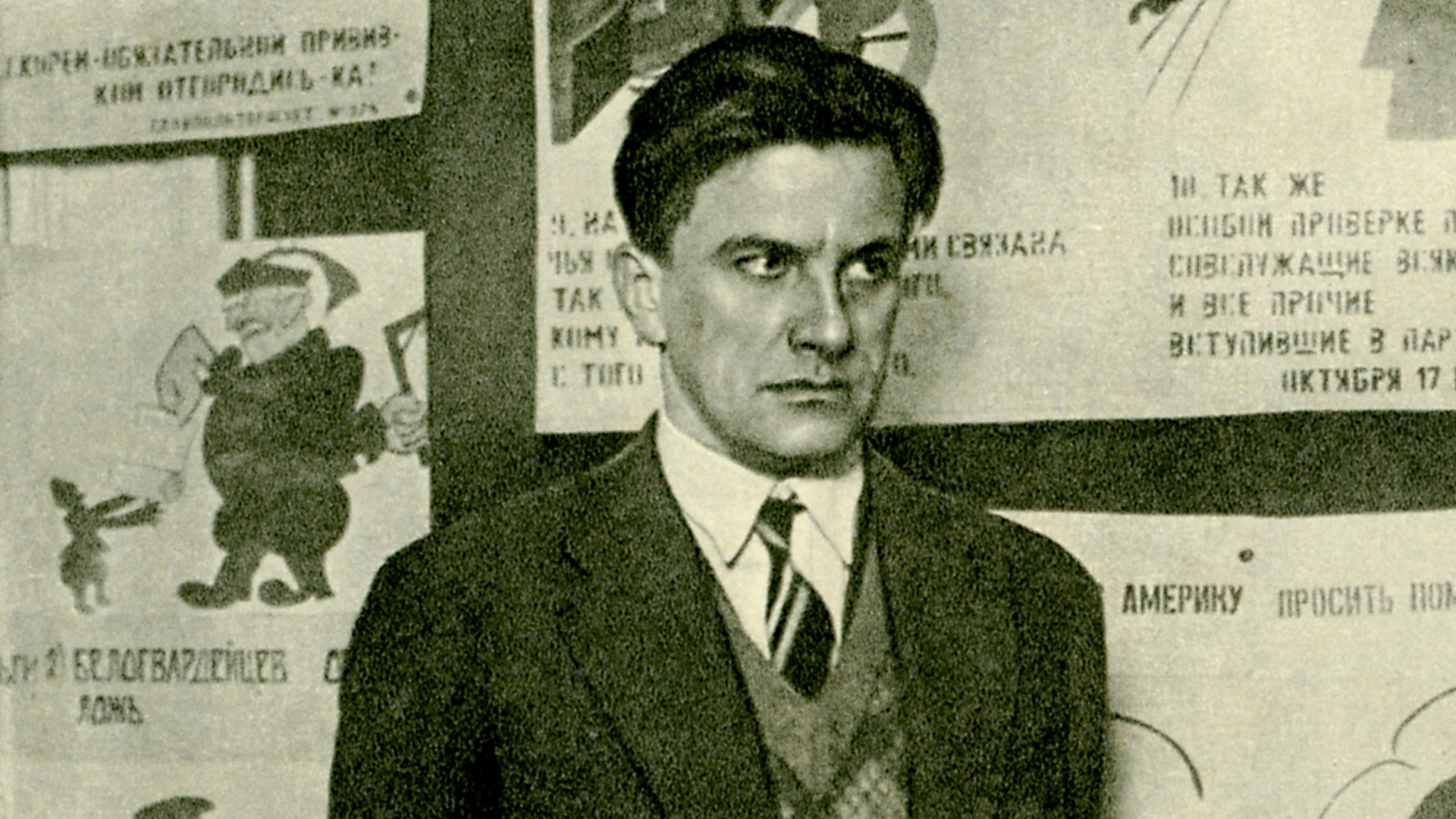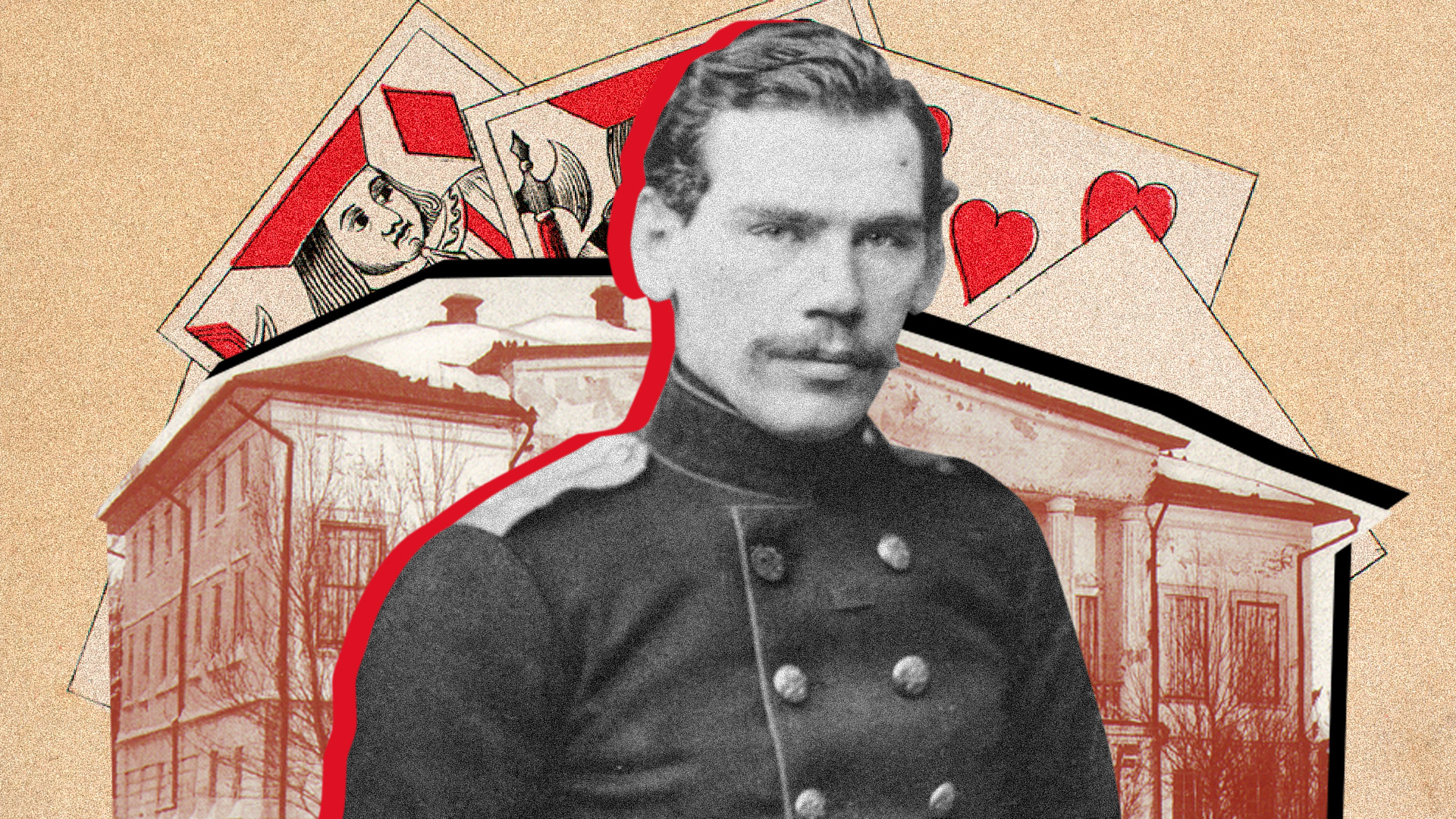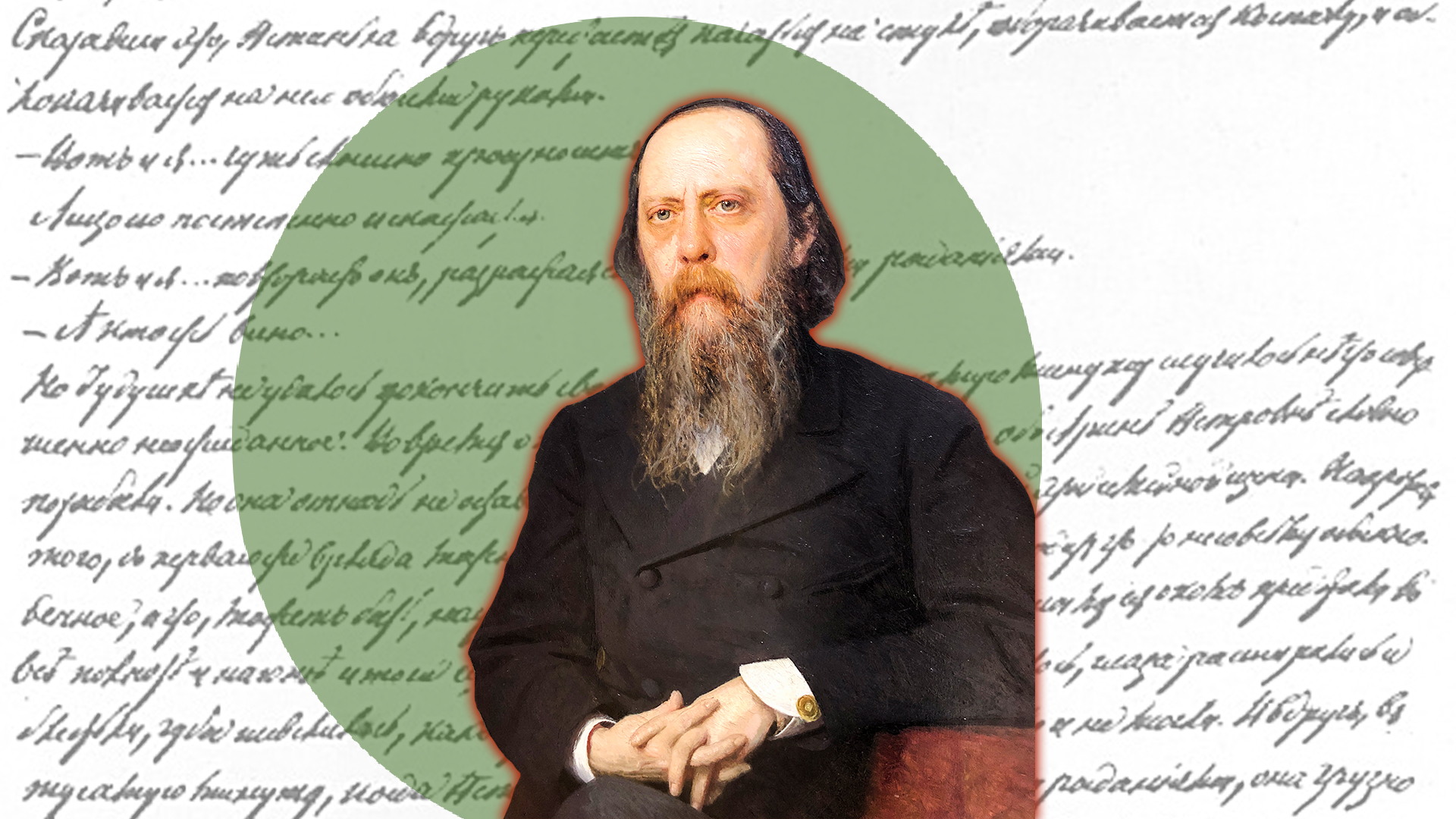
5 POPULAR Russian science fiction writers
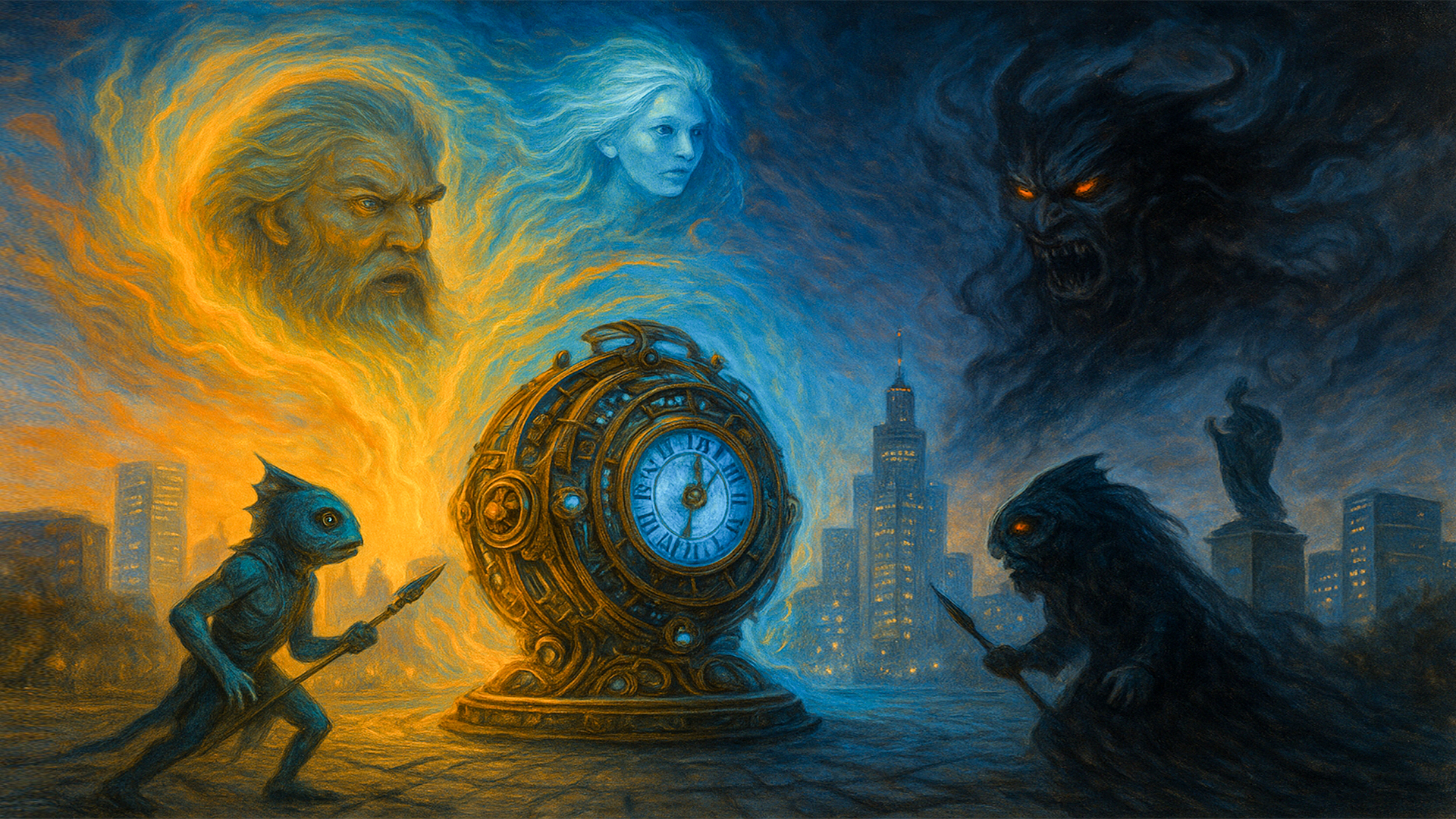
Alexander Belyaev (1884 – 1942)
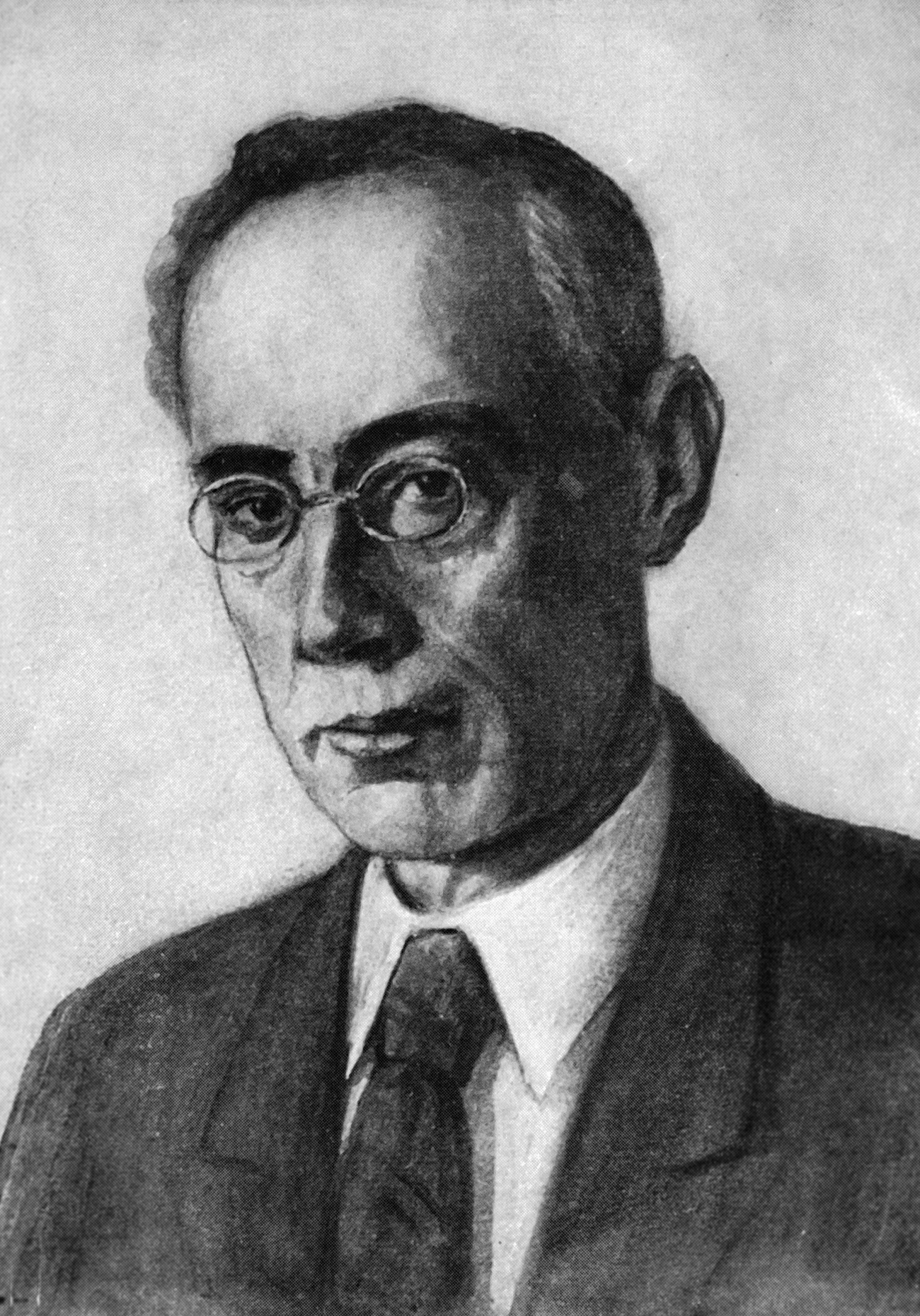
The life of this classic writer and one of the founders of Soviet science fiction was as incredible as his works. He was born into a priest's family, but serving God never appealed to him. Instead, music, photography, theater, foreign languages and inventions were more alluring. And, as a result of his childhood "scientific" experiments, he nearly lost an eye. While testing a flying machine he had built, the boy suffered a spinal injury that, in his adult years, confined him to his bed for years.
However, any difficulties rewarded the writer not with depression, but with inspiration. Paralyzed for several years, he wrote his most famous novel, ‘The Head of Professor Dowell’, a dark and groundbreaking story for its time about the possibility of reviving human heads and sewing them onto other bodies. The tragic story of a young man with gills, which became a symbol of the struggle for individuality (‘Amphibian Man’), as well as the story of a man capable of flight (‘Ariel’) continued the writer's reflections on otherness and the potential of science.
Alexander Belyaev died of starvation in the German-occupied city of Pushkin in January 1942.
Ivan Efremov (1908 – 1972)
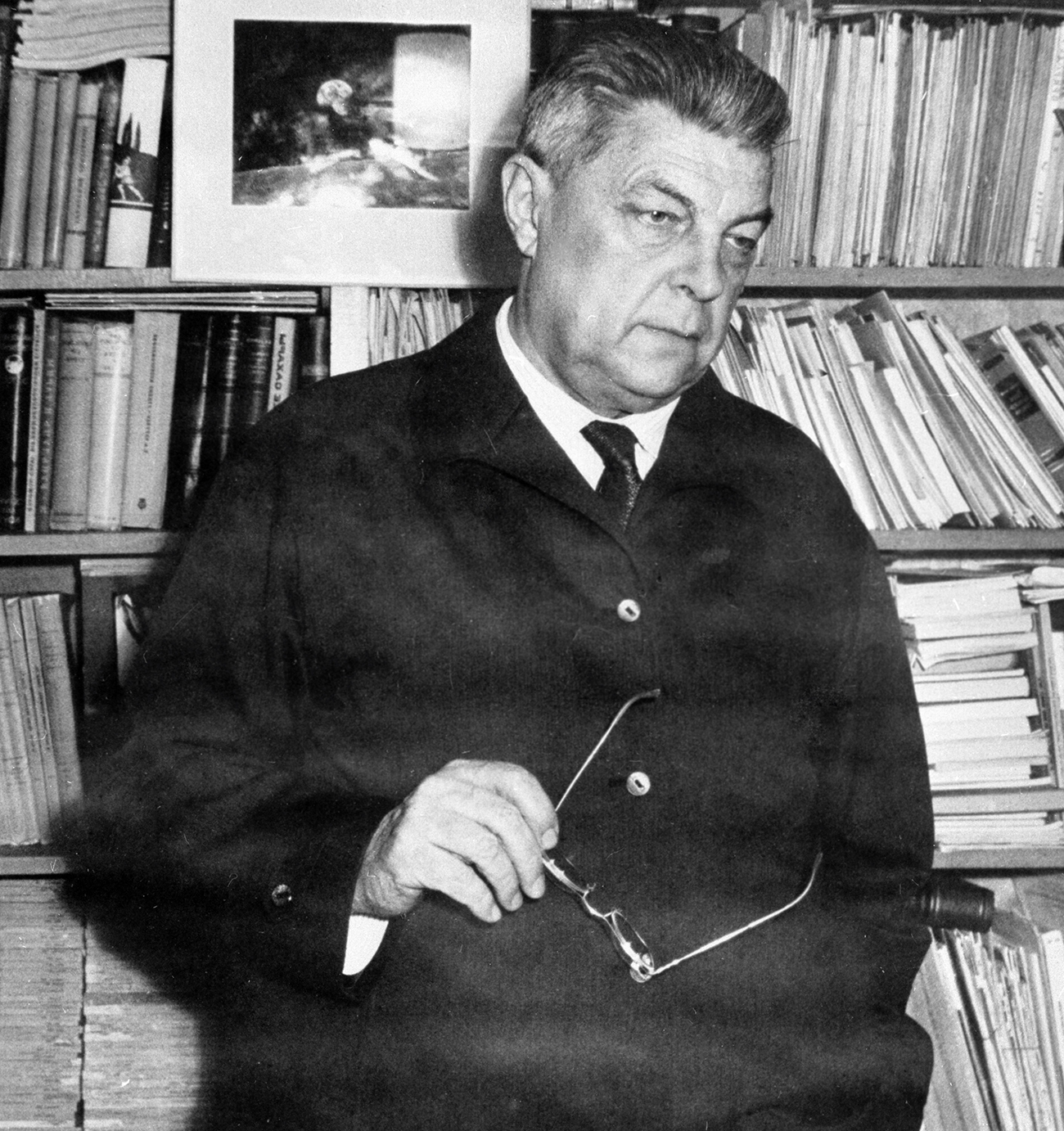
The biography of this outstanding Soviet science fiction writer is astonishing in its plot twists. Born into an Old Believer family, Yefremov was left without parental care at an early age. In his youth, he worked as a sailor and navigator off the coast of Sakhalin and in the Sea of Okhotsk. Then, he became an experienced geologist and mining engineer. His childhood interest in extinct animals helped him to become a leading paleontologist in the USSR, spending much of his life excavating. He was also the founder of taphonomy – the science of fossil burial.
Yet, in his novels, Yefremov acted more as a philosopher and thinker, reflecting on the development of civilization, ethics, beauty and humanity's place in the universe. His ‘Andromeda Nebula’ is an iconic space utopia, depicting an idealistic future of a united humanity. The idea of ‘The Razor's Edge’ is that understanding the mysteries of man is as dangerous and subtle as walking on a razor's edge. ‘Hour of the Bull’, meanwhile, is a dark dystopia about visiting a planetary system with an oligarchic, repressive regime.
Arkady (1925-1991) & Boris (1933-2012) Strugatsky
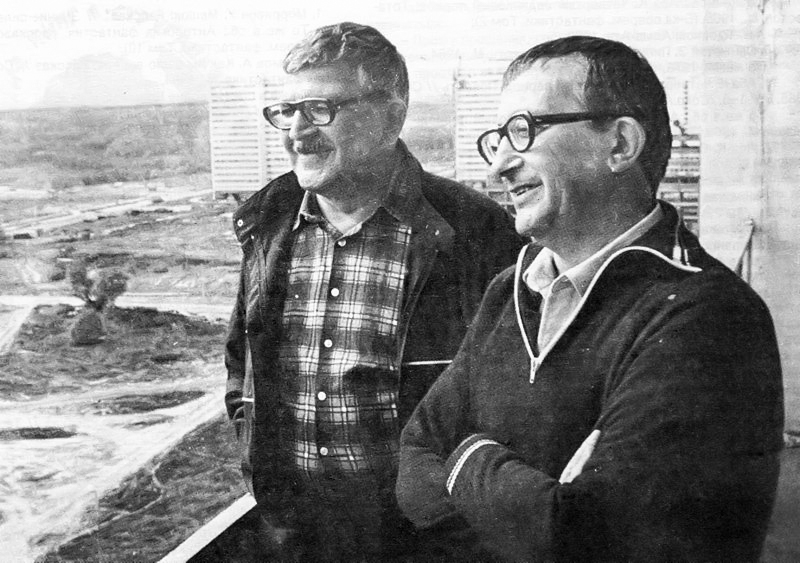
The famous ‘ABS’ brothers are well known as the most influential Soviet science fiction writers, who became cult figures for several generations of readers. It’s believed that the elder brother, Arkady, a Japanese translator, was often the creative force behind the ideas in this creative duo, while Boris, an astronomer by training, developed them. After Arkady's death in 1991, Boris continued his work under the pseudonym S. Vititsky.
Their work evolved from the bright utopias of the 1950s to complex science fiction, full of irony, satire and "bitter" questions. The Strugatskys' books asked uncomfortable questions about the nature of power, freedom, progress and moral choice. ‘Hard to Be a God’, ‘Monday Starts on Saturday’, ‘Inhabited Island’ and ‘Roadside Picnic’ became not just reading material, but the subject of intellectual discourse and the source of catchphrases.
Kir Bulychev (real name Igor Vsevolodovich Mozheiko, 1934-2003)
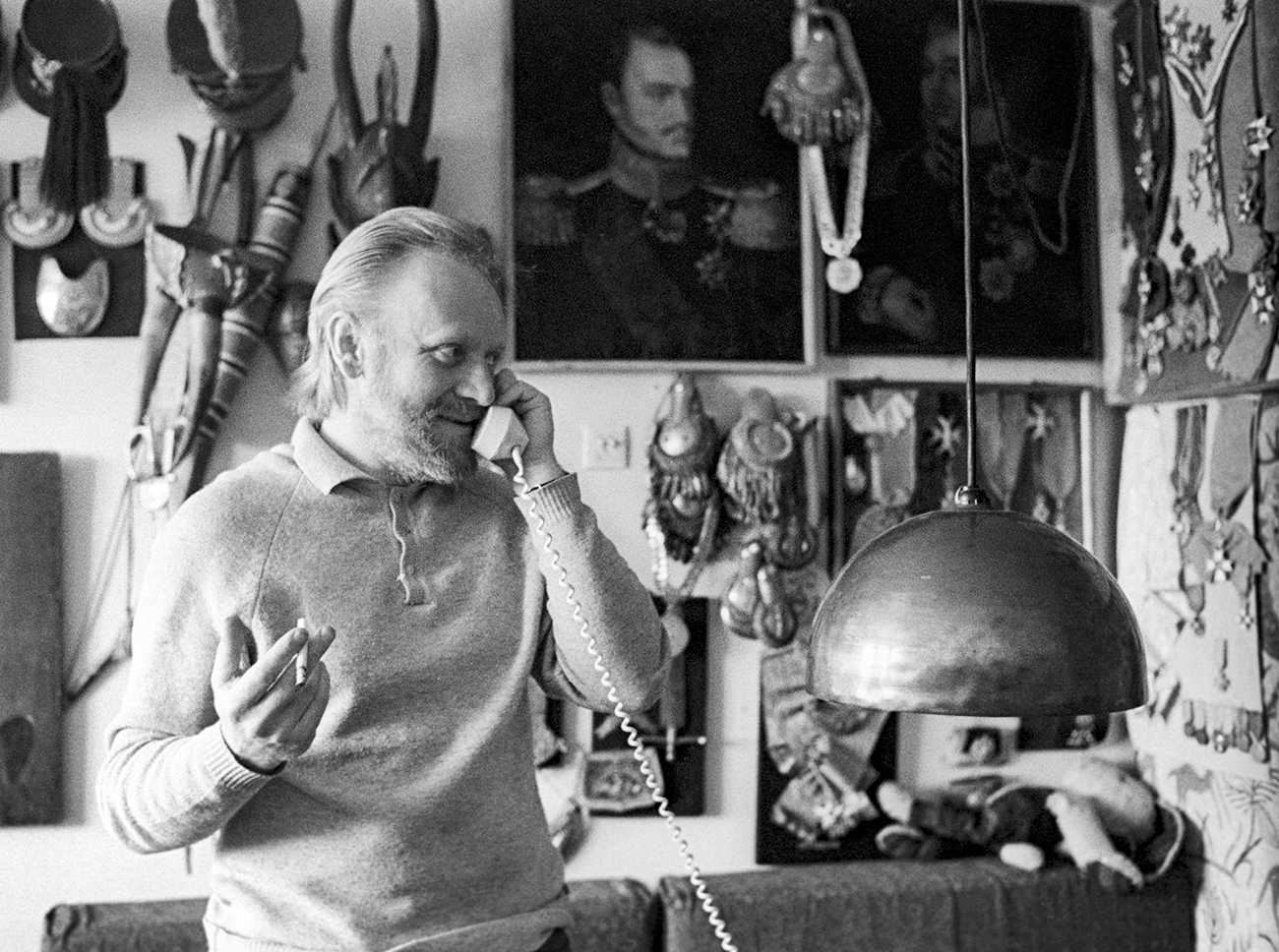
Although several generations of Soviet and Russian children grew up reading Kir Bulychev's books, and millions loved the movie ‘Through Thorns to the Stars’ and the animated film ‘The Mystery of the Third Planet’ based on his scripts, the writer long kept his work secret and hid behind a pseudonym. A serious orientalist, a doctor of historical sciences and a staff member at the Institute of Oriental Studies, he initially considered science fiction frivolous, although he had been obsessed with it since childhood, after reading Ivan Efremov's collection of works, ‘Five Points of the Heart’. The secret of his pseudonym was only forced to be revealed at the State Prize ceremony. The science fiction writer's most famous creation was the schoolgirl Alisa Selezneva from his ‘Alice's Adventures’ series – stories about a girl from the future. who travels across planets and even time. The writer repeatedly said in interviews that he was tired of his heroine, but Alisa Selezneva became as much an "eternal hero" as Conan Doyle's Sherlock Holmes. The public demanded a sequel.
Sergey Lukyanenko (born 1968)
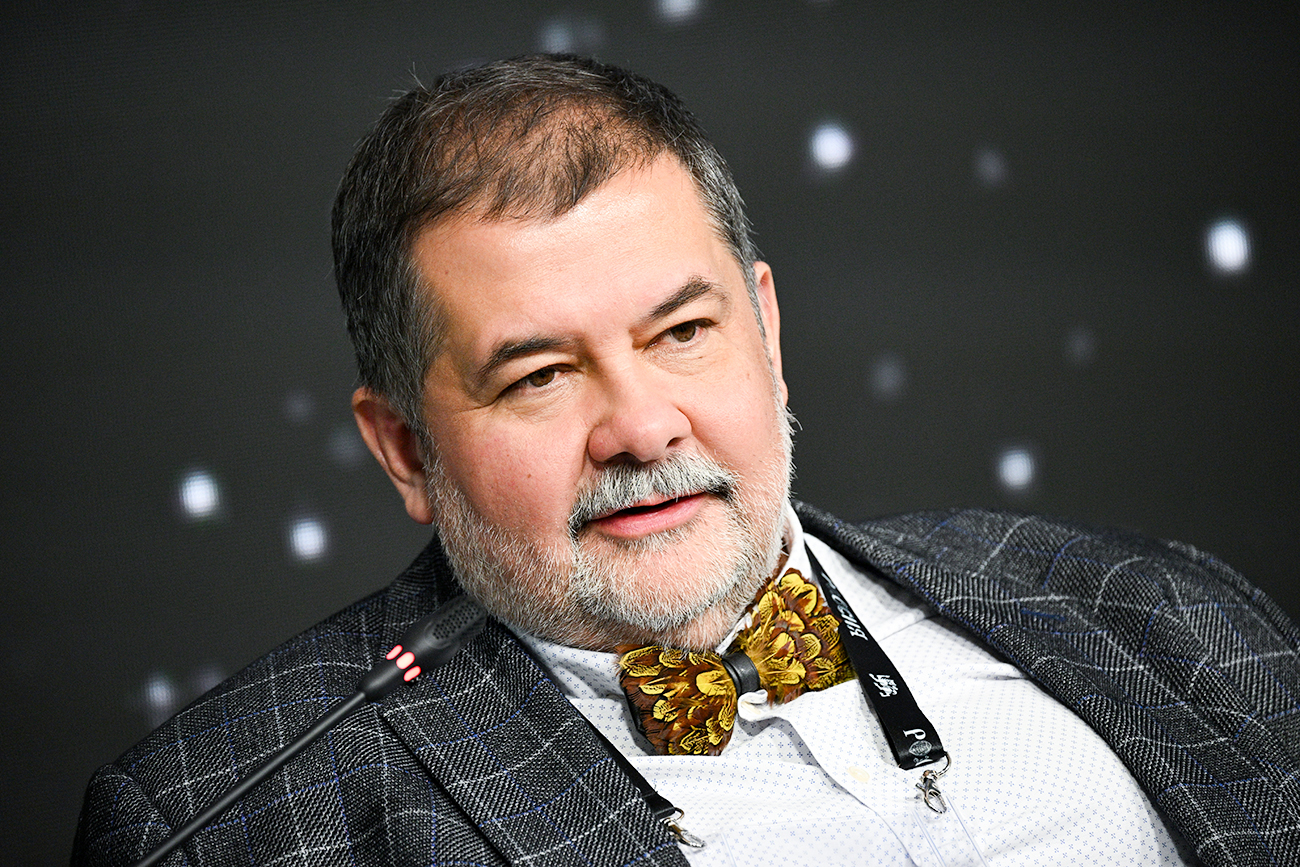
Despite being considered to be one of the most popular and published contemporary Russian science fiction writers, like his great predecessors, he did not actually receive a literary education. His primary specialty is psychiatry. However, his knowledge of the nature of the human psyche only serves to enhance his writing: he masterfully distills eternal questions about good and evil into a captivating plot. Another distinctive feature of his creative style is taking a science fiction idea (parallel worlds, vampires, magicians) and merging it with a thriller. The result is not only vivid, but also dynamic.
His most famous series, ‘The Watches’ (‘Night Watch’, ‘Day Watch’, etc.), is his calling card. It tells the story of the confrontation between the forces of Light and Darkness in modern Moscow, where every ‘Other’ (humans endowed with supernatural abilities) makes their own choice. The novels became a cultural phenomenon, especially after their big screen adaptations.


